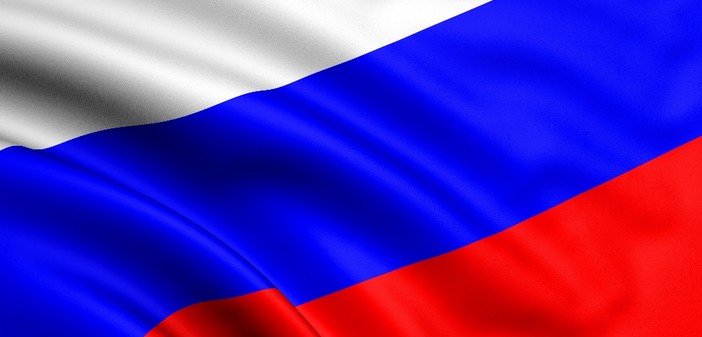As Western sanctions in response to the Russian invasion in eastern Ukraine begin to take effect and oil prices remain very low, the Russian economy is under pressure and the future looks bleak.
“A three-year recession begins in Russia,” headlines Nezavissimaïa Gazeta, adding that the country “faces tougher times than the government thinks.”
Analysts believe that the official forecasts for the next three years are disconnected from reality: the country is plunging into a deep recession that could last at least three years.
In fact, capital fled Russia in 2014. A total of $151 billion left the country, setting a record that surpasses the previous high of 2008 ($133 billion). The fourth quarter was one of the most significant in terms of capital flight, as in just those three months, $72.9 billion exited the country.
No recovery is expected between 2015 and 2017. Overall, the decline in Russian GDP is expected to reach around -5%, according to the consensus of many economists, although there are significant variations; for example, the World Bank estimates that the recession should be limited to “only” -2.9%.
The recovery will have to wait until 2018, with a growth of 0.3%.
We will have to forget about an increase in investments over the next three years: industrial production will decrease by 1.8% in 2015 and by 1% in 2016. It will be zero in 2017.
The government’s forecasts for its “largely oil-based” economy — an average growth of 2.1% per year over the next three years — were based on an average oil price of US $110 per barrel at the beginning of this year. Now the price per barrel has dropped below $50.
More than two-thirds of exports come from energy. The ruble fell to almost 70 against the dollar in three months. Western sanctions have also caused damage, as bankers did not limit their restrictions to Mr. Putin’s associates, but extended them to a much larger part of the Russian business world.
In any case, the Russian economic landscape is not particularly pleasant to see. The Russian Central Bank had to rescue about thirty financial institutions in the country, which were threatened with collapse.
Individuals who took out loans in dollars or other foreign currencies are in great difficulty, as are businesses and consumers: imported goods are increasingly expensive and local production is far from making up for this.
More generally, years of kleptocracy have had a devastating effect in Russia. Most of the country’s wealth has been shared among Mr. Putin’s friends.
If Mr. Putin had spent more time strengthening the economy rather than enriching his friends, he would not find himself so vulnerable now.
As we well know, actions have consequences. And the same goes for the economy.


